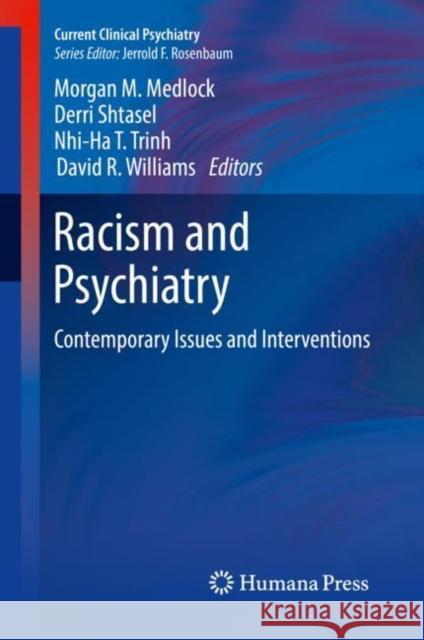Racism and Psychiatry: Contemporary Issues and Interventions » książka
topmenu
Racism and Psychiatry: Contemporary Issues and Interventions
ISBN-13: 9783319901961 / Angielski / Twarda / 2018 / 255 str.
Kategorie BISAC:
Wydawca:
Springer
Seria wydawnicza:
Język:
Angielski
ISBN-13:
9783319901961
Rok wydania:
2018
Wydanie:
2019
Ilość stron:
255
Waga:
0.66 kg
Wymiary:
23.62 x 18.8 x 1.78
Oprawa:
Twarda
Wolumenów:
01











